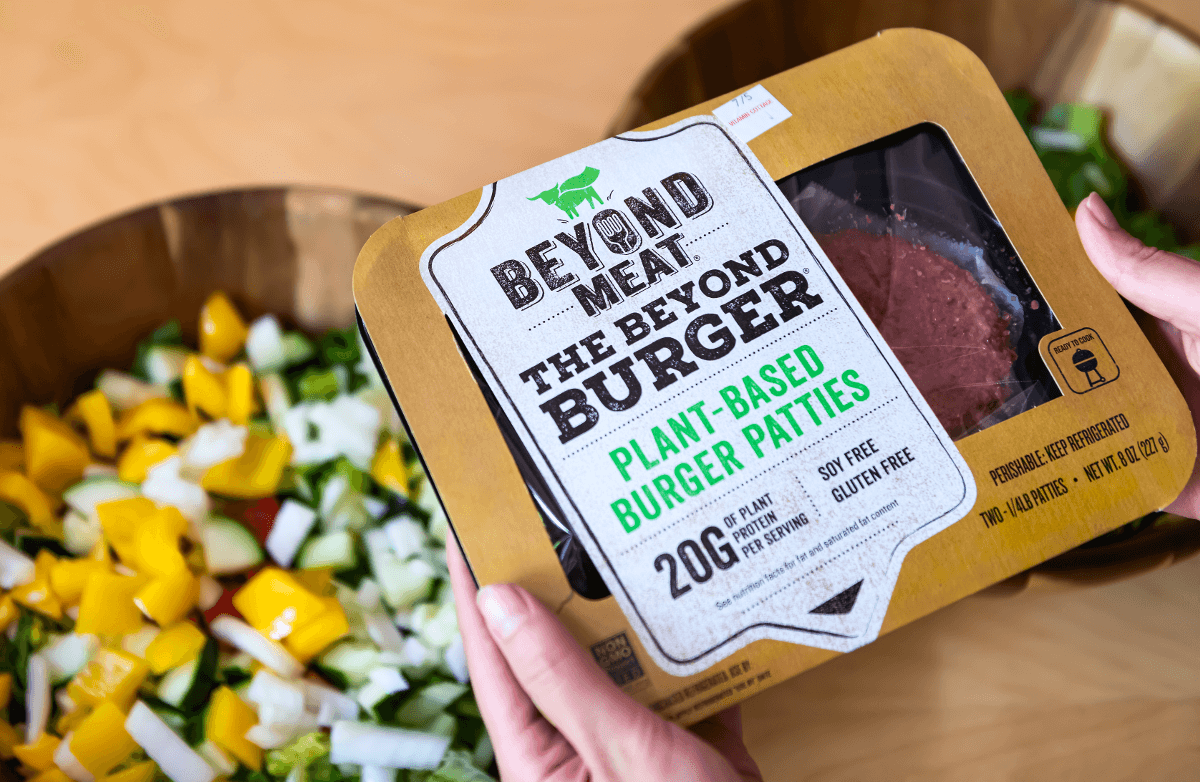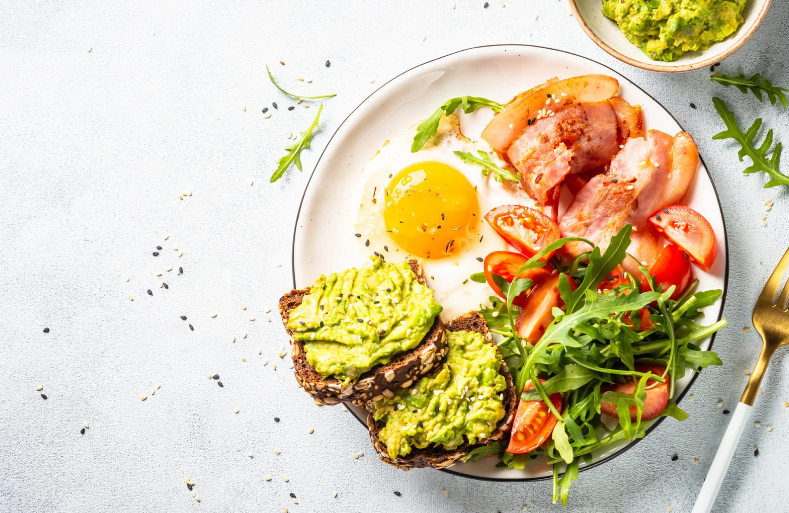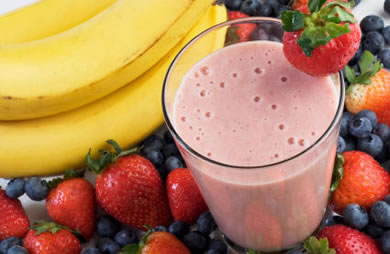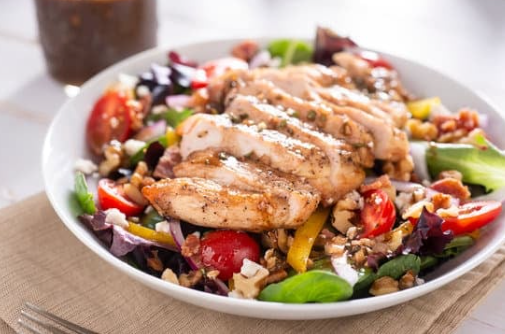
Plant-based meat alternatives have become increasingly popular in recent years. From burgers and sausages to nuggets and ground “beef,” these products promise a similar taste and texture to meat—but are they really a healthier choice? Understanding their nutritional profile and how they fit into your overall diet can help you make informed choices.
What Are Plant-Based Meats?
Plant-based meats are designed to mimic the taste, texture, and appearance of animal meat. They are usually made from protein-rich plants such as soy, peas, beans, or wheat gluten. Manufacturers often add fats, flavorings, and colorings to make these products more similar to traditional meat.
Potential Benefits
-
Lower in Saturated Fat – Many plant-based meats contain less saturated fat than traditional beef, pork, or lamb, which can be beneficial for heart health.
-
Cholesterol-Free – Plant-based meats do not contain dietary cholesterol, unlike animal products.
-
Source of Plant Protein – These products provide a convenient protein option for vegetarians, vegans, or anyone looking to reduce meat intake.
-
Sustainability – Choosing plant-based options can have a lower environmental impact than conventional meat production.
Things to Watch Out For
-
Highly Processed – Many plant-based meat alternatives are heavily processed, which may include additives, preservatives, and flavor enhancers.
-
Sodium Content – Some products are high in sodium, which can contribute to elevated blood pressure if consumed frequently.
-
Variable Protein Quality – Not all plant proteins are complete proteins, meaning they may lack certain essential amino acids. However, eating a variety of plant-based proteins throughout the day can provide all essential amino acids.
-
Calorie Density – Some plant-based meats can be just as calorie-dense as traditional meat, so portion control is important, especially for weight management.
How to Include Them Wisely
-
Read the label carefully – Check for sodium, saturated fat, and ingredient quality.
-
Pair with whole foods – Add vegetables, whole grains, and legumes to meals for added nutrients and fiber.
-
Use as a complement, not a replacement – Enjoy plant-based meats occasionally as part of a balanced diet rather than relying on them as your primary protein source.
-
Experiment with natural plant proteins – Lentils, beans, tofu, tempeh, and edamame are minimally processed sources of plant protein.
The Bottom Line
Plant-based meat alternatives can be a convenient and tasty option, particularly for people reducing meat consumption, but they are not automatically “health foods.” They can fit into a balanced diet when consumed in moderation and paired with nutrient-rich whole foods. As with any processed product, the key is to read labels, be mindful of portion sizes, and focus on overall dietary patterns rather than individual foods.













